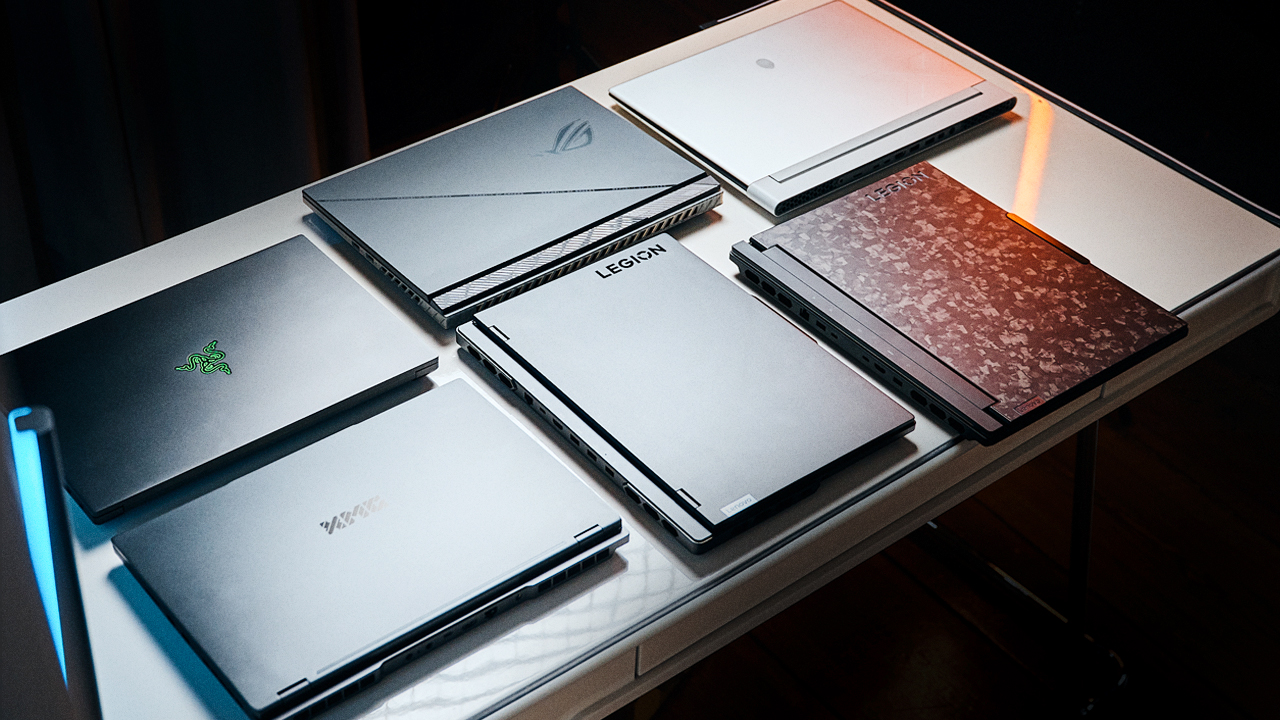lattesweden
Veteran Member
- Messages
- 6,093
- Solutions
- 7
- Reaction score
- 3,904
I need to upgrade my old Dell XPS15 9560 to something new. I've had a little to many problems with the XPS15 to dare to go with another one, so preferably some other brand than Dell.
I've been looking at MSI and Asus, but the brand is not really important as long as it has good support if I would ever need it.
Cost wise I can pay around the same price as a modern XPS15 costs or maybe slightly higher.
My XPS15 has soon been running for six years and I also want the new PC to have a long lifespan. My XPS15 is now becoming too slow especially on higher Mpix images even though it has 32 GB of memory.
I don't really need such a slim and light notebook as the XPS15 is, though it is nice, but I only use the notebook at home moving it with me to where I am at the moment and use it as my private "do everything" PC meaning some office tasks. email, web, watching Netflix, Youtube etc and editing my images. I even use my notebook in my bed, mostly watching films and then put it on the floor over night, so it has to be able to stand some dust etc.
Since I don't use any external monitor for editing I would like a resolution around 4K and a screen size at least at 15 inch (or bigger). I don't need touch function. I do need good colors and a large gamut. I calibrate my screen.
When I am finished with a project it gets stored on my Synology NAS so I don't need more harddrive than about 1 TB.
Performance wise I'd like it to be able to edit 60 Mpix RAW files from events and portrait sessions, meaning I sometimes have hundreds or even thousands of images that needs to be processed. I often use the gradients and other masking tools in Lightroom Classic and also the more processor intense functions like AI noise cleaning.
Other programs than Lightroom Classic that I use:
Photoshop (layers work and more advanced editing, like remove, replace objects etc)
DXO Photolab (mostly the Prime denoise functions)
Capture One (mostly when a RAW file for some reason doesn't look good in LR)
Topaz Labs Sharpen AI & Photo AI (mostly the sharpen function)
Portrait Pro (for skin editing)
Luminar Neo (for special effects mostly)
I don't edit video, only stills.
I've seen that OLED screen has become a little popular on notebooks, how is the risk for burn in these days?
Also some people say that no PC can compete with the M2 Macs for the same money, is that true? I don't really like the Mac environment so I would prefer to stay on Windows.
Any suggestion which PC(s) I should look at?
Thanks & best regards from Sweden!
/Anders
I've been looking at MSI and Asus, but the brand is not really important as long as it has good support if I would ever need it.
Cost wise I can pay around the same price as a modern XPS15 costs or maybe slightly higher.
My XPS15 has soon been running for six years and I also want the new PC to have a long lifespan. My XPS15 is now becoming too slow especially on higher Mpix images even though it has 32 GB of memory.
I don't really need such a slim and light notebook as the XPS15 is, though it is nice, but I only use the notebook at home moving it with me to where I am at the moment and use it as my private "do everything" PC meaning some office tasks. email, web, watching Netflix, Youtube etc and editing my images. I even use my notebook in my bed, mostly watching films and then put it on the floor over night, so it has to be able to stand some dust etc.
Since I don't use any external monitor for editing I would like a resolution around 4K and a screen size at least at 15 inch (or bigger). I don't need touch function. I do need good colors and a large gamut. I calibrate my screen.
When I am finished with a project it gets stored on my Synology NAS so I don't need more harddrive than about 1 TB.
Performance wise I'd like it to be able to edit 60 Mpix RAW files from events and portrait sessions, meaning I sometimes have hundreds or even thousands of images that needs to be processed. I often use the gradients and other masking tools in Lightroom Classic and also the more processor intense functions like AI noise cleaning.
Other programs than Lightroom Classic that I use:
Photoshop (layers work and more advanced editing, like remove, replace objects etc)
DXO Photolab (mostly the Prime denoise functions)
Capture One (mostly when a RAW file for some reason doesn't look good in LR)
Topaz Labs Sharpen AI & Photo AI (mostly the sharpen function)
Portrait Pro (for skin editing)
Luminar Neo (for special effects mostly)
I don't edit video, only stills.
I've seen that OLED screen has become a little popular on notebooks, how is the risk for burn in these days?
Also some people say that no PC can compete with the M2 Macs for the same money, is that true? I don't really like the Mac environment so I would prefer to stay on Windows.
Any suggestion which PC(s) I should look at?
Thanks & best regards from Sweden!
/Anders
Last edited:


